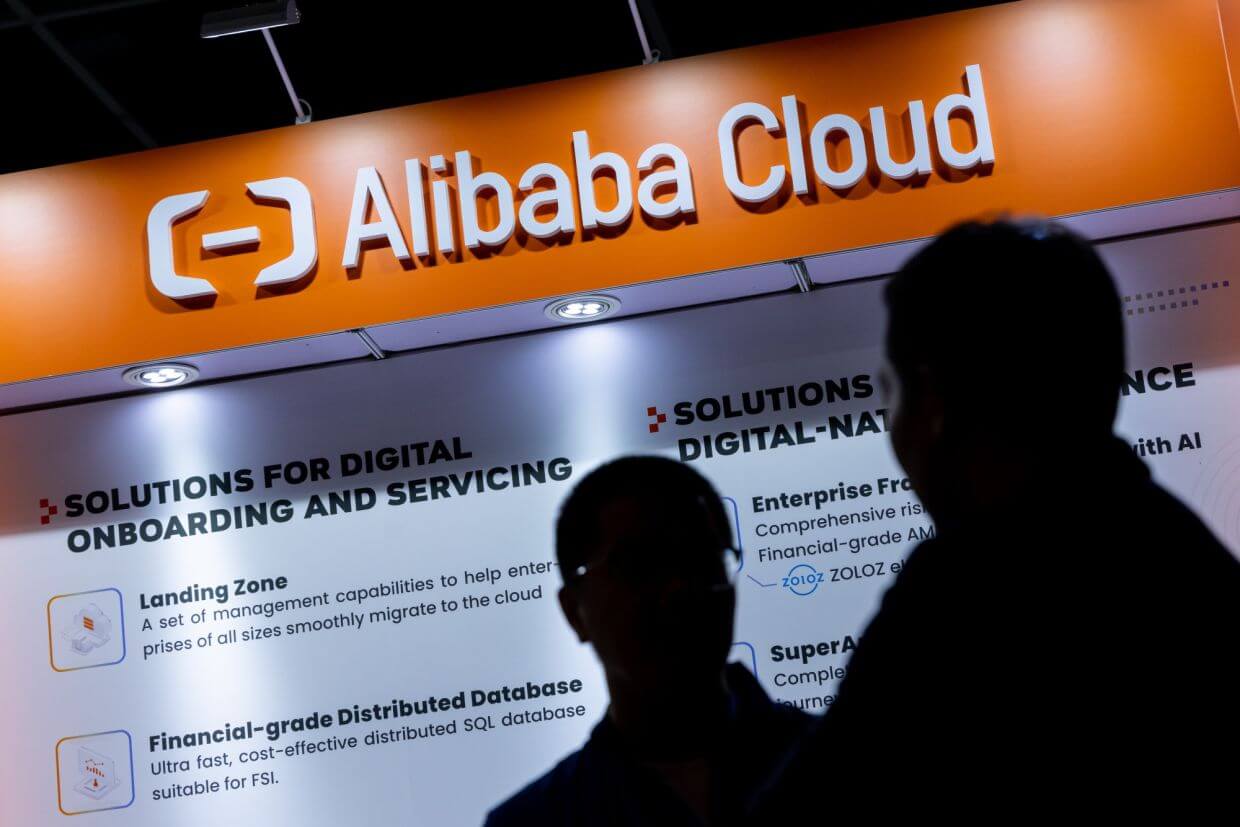Alibaba Group has announced a significant shift in its leadership, with CEO Eddie Wu stepping in to directly oversee the domestic e-commerce giant Taobao and Tmall Group. This move consolidates his control over the core businesses of the group as it navigates a period of slower earnings growth.
Effective immediately, Wu takes the helm of Taobao and Tmall Group, further solidifying his influence over Alibaba’s primary operations. Since assuming the role of Group CEO in September, Wu has also assumed the position of CEO for the company’s cloud business.
This strategic appointment now positions Wu at the forefront of Alibaba’s crucial sectors—the overall group, cloud services, and domestic e-commerce. The aim is to revitalize these core segments amid mounting competition and market shifts.
While Alibaba’s domestic e-commerce platforms, Tmall and Taobao, remain formidable in China, they have faced challenges from emerging rivals such as Pinduoduo, which have been eroding their market share in recent years.
Former Taobao and Tmall Group CEO Trudy Dai will transition to managing non-core assets, aligning with the company’s efforts to optimize its capital utilization and enhance returns. This move was detailed in an internal company memo signed by Joseph Tsai, the group chairman who assumed the role from Daniel Zhang.
As part of its ongoing strategy, Alibaba is set to establish a new asset management company, spearheaded by Dai, to focus on handling the group’s non-core assets, as confirmed by an Alibaba spokesperson and outlined in a regulatory filing.
In a recent briefing with analysts, Wu outlined the company’s commitment to distinguishing between core and non-core businesses. He emphasized a strategic focus on core segments, emphasizing long-term investment, research and development, and user experience enhancement.
Alibaba’s organizational structure underwent its most extensive reconfiguration in March, dividing the company into six units under a holding firm. Furthermore, plans for the spin-off and public listing of the cloud unit, initially announced in May, were put on hold due to uncertainties surrounding U.S. restrictions on chip exports used in AI applications.





